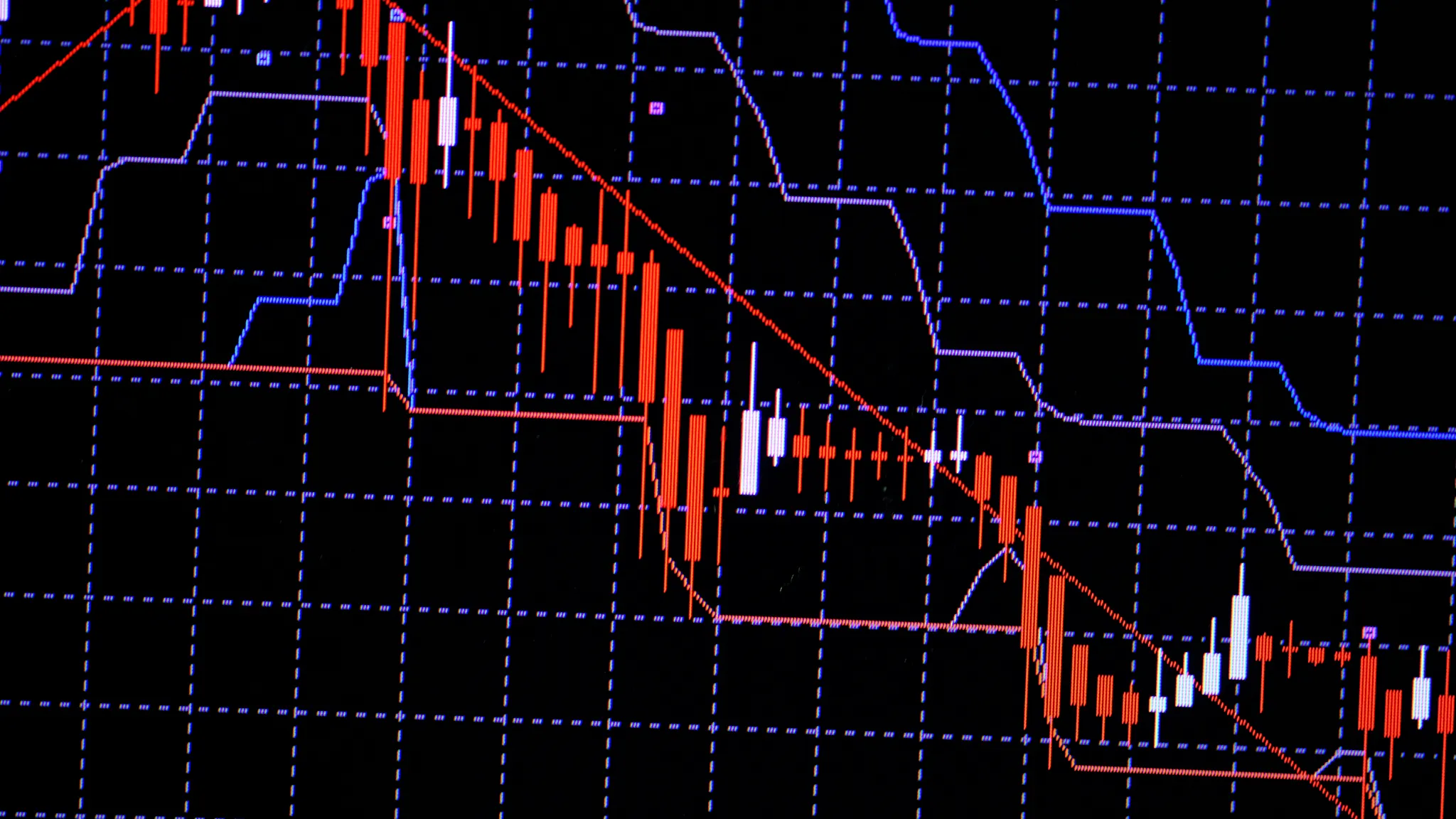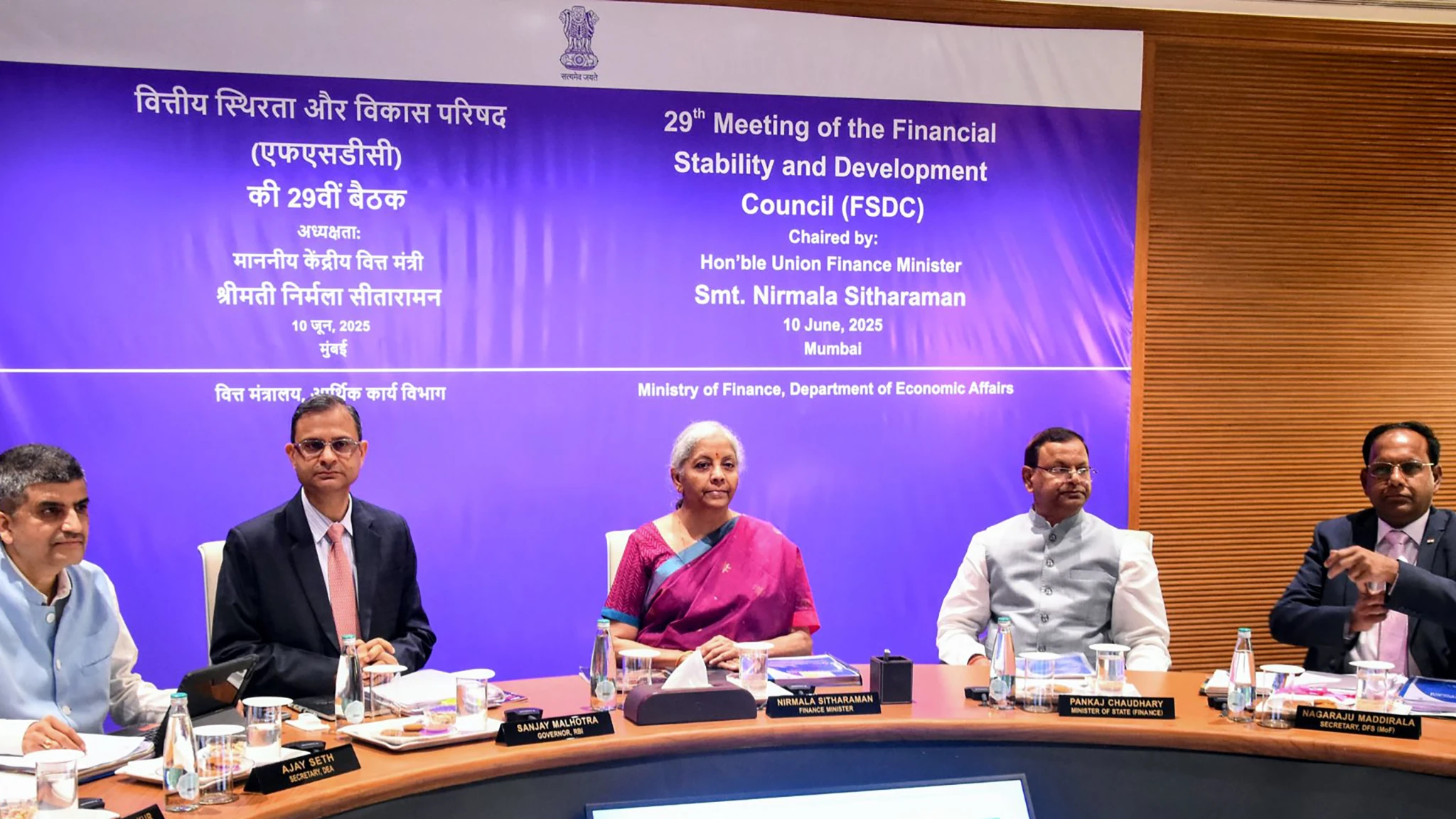Tax Hikes Across the Board
The aftershocks of yesterday’s Budget continue to reverberate through the Indian markets, with the substantial increase in taxes on trading and investment dominating discussions. From seasoned high-frequency traders to small retail investors, the trading community is voicing concerns over the latest fiscal measures. Finance Minister Nirmala Sitharaman’s Budget has delivered a double tax blow, hiking long-term capital gains (LTCG) tax from 10% to 12.5% and short-term capital gains (STCG) tax from 15% to 20%. Adding to the burden, the Securities Transaction Tax (STT) has seen a staggering fivefold increase, jumping from 0.02% to 0.1% on futures and options trades.
While government authorities and some sections of the investor community are painting these hikes as modest, the trading fraternity feels differently. The argument that only a small percentage of traders pay LTCG and hence the impact is minimal, rings hollow for those who actively participate in the markets. News Source The justification for increasing STCG to encourage long-term holding also seems detached from market realities. Traders, by nature, seek opportunities in market movements, often with shorter time horizons. The notion that tax arbitrage drives trading behaviour appears simplistic.
GIFT City Tax Paradox
The rationale behind the STT hike, aimed at curbing retail activity in derivatives, is particularly contentious. Even as the NSE CEO offered a muted response, many market participants view it as a dampener, especially when juxtaposed with the NSE’s own push for weekly index options, a product heavily favoured by retail traders. Brokers, who had pleaded for the abolition of STT in pre-budget representations, are left disappointed. The sense of being penalised is further amplified by the existence of GIFT City, the government’s pet project offering near-zero tax rates to foreign traders. This stark contrast – high taxes for domestic traders and a tax haven for foreign entities within India – creates a perception of unfairness and discourages local market participation. The exodus of high-roller traders to low-tax jurisdictions like Dubai, as reported, is a tangible consequence of these policies. Retail traders, lacking such mobility, are left to bear the brunt or potentially explore less regulated avenues.
NBFCs Seek Global Funds
In related financial news, Piramal Capital & Housing Finance’s (PCHFL) move to tap the overseas bond market for funding highlights another facet of the current economic climate. News Source Faced with reduced bank lending due to deposit growth slowdown and regulatory constraints, NBFCs are increasingly looking to international markets for funds, despite higher borrowing costs. This trend indicates a broader tightening in domestic financial conditions, pushing financial institutions to explore diverse funding sources. While Bajaj Finance reported a healthy 14% profit growth, the larger picture suggests a complex interplay of factors shaping the Indian financial landscape.
Will these tax hikes achieve their stated objectives, or will they inadvertently stifle market activity and drive away domestic participants? Only time will tell, but the initial market reaction suggests a period of adjustment and perhaps, a re-evaluation of trading strategies, especially for retail investors who find themselves caught in this double tax bind.










Leave a Reply